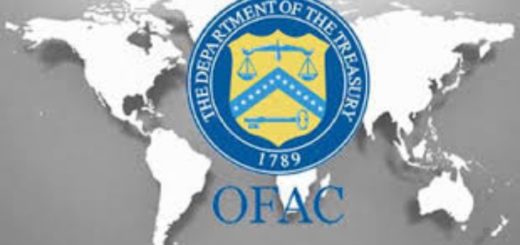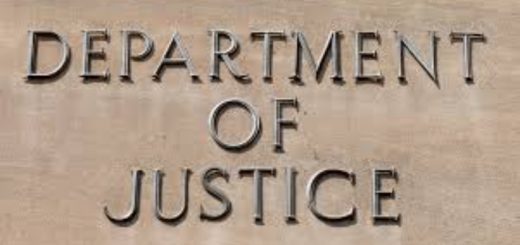AppliChem Pays OFAC $5.5 Million for Cuba Sanctions Violations
OFAC continues to pile up enforcement actions for sanctions violations. In yet another example of a failure of companies to address compliance, to follow up on compliance and to ensure ultimate compliance, AppliChem, a German company agreed to pay $5.5 million for 304 violations of the Cuban Assets Control Regulations during the time period between May 2012 and February 2016. Specifically, AppliChem engaged in 304...
























